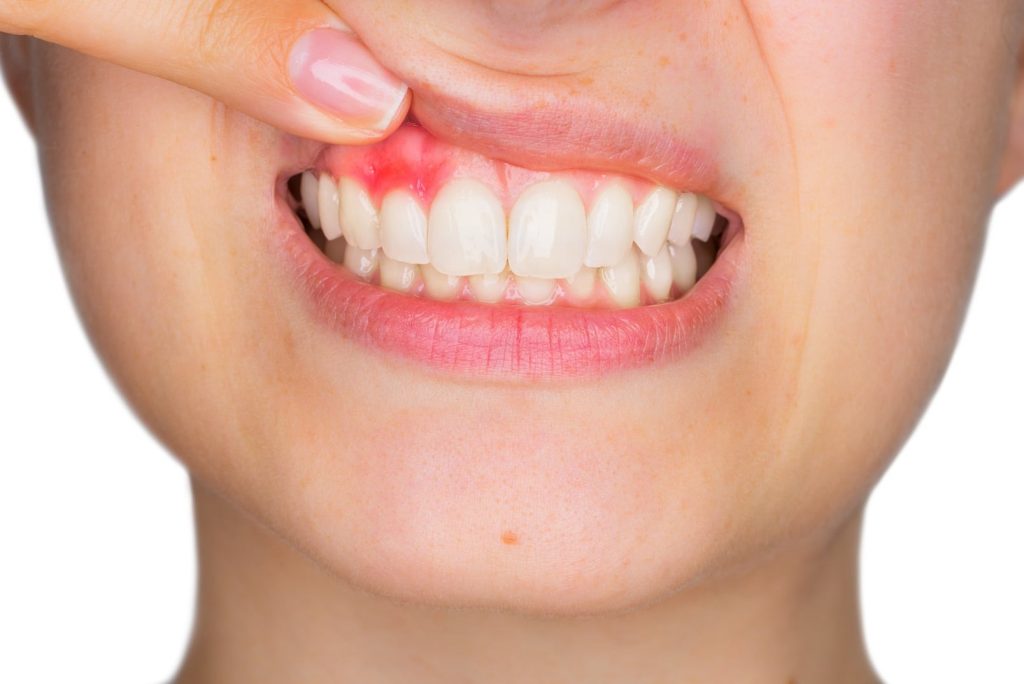Dental Infection Treatment
One of the primary reasons that oral hygiene habits are so critical to the individual’s oral and general health is because these habits help to eradicate bacteria in the mouth. Where bacteria is not destroyed and remains in the mouth, it can work its way down under the gum tissue and into the root of the tooth–causing a buildup of pus that is known as an abscess. This dental infection is not only painful, it also has the potential to be very dangerous to the individual’s health, and therefore must be treated right away.

Treating a Dental Infection
Where a dental infection has occurred, bacteria can travel into and infect the gums, the cheek, the throat, the jaw and facial bones and much more. In an attempt to prevent the infection from spreading, the immune system will produce pus in the area, and this is where abscesses come from. Where there is infection or trauma to surface gum tissue, a gum or gingival abscess may form. Where there is infection to deep gum tissues, a periodontal abscess may form. Where there is infection to the dental pulp of a tooth, a periapical abscess may form. Infected tissues can become inflamed and create pressure, often resulting in pain that can only be resolved when the abscess is ruptured and drained. Additionally, an individual who is suffering from dental infections may experience nausea, vomiting, fever, chills, sweats or in extreme cases, septicemia.
Dental infections cannot resolve on their own, so it is vital that they be treated by a dentist. In order to help alleviate your symptoms until the infection is fully resolved, your dentist may recommend that you take an over-the-counter pain reliever–such as ibuprofen, aspirin or naproxen–avoid foods and drinks that are hot or cold, chew foods on the other side of your mouth, away from the area of infection, and brush gently with a soft bristled toothbrush. Of course these actions will only help to alleviate the symptoms until the treatment administered is fully effective.
Dental infection treatment options vary based upon your health, the location of the infection and the extent of the infection. Following are some of the most common solutions:
- Where the abscess is not too large and is essentially localized in the pulp of the tooth, your dentist may recommend an immediate root canal. This procedure will remove the dead tooth pulp and infectious matter in an effort to preserve the tooth structure. A crown will be placed over the tooth to further strengthen it and to prevent reinfection.
- Where the abscess is larger, your dentist may need to drain it prior to performing a root canal. In order to drain the abscess, your dentist will numb the affected area, make a small cut in the gum and drain it, and then rinse the area with saline to help clean it.
- Where the tooth is extensively damaged, your dentist may recommend extracting the tooth. He will then drain the abscess and clean the area in order to eliminate the infection and prevent reinfection. He will also recommend a tooth replacement to fill the gap left by the extracted tooth.
In most cases of dental infections, whether small or large, your dentist will prescribe antibiotics to help eliminate the infection and prevent it from spreading to other areas of the mouth or body.
Preventing Dental Infection
As is the case will all non-optimal oral health issues, dental infections are best handled through prevention. Preventing dental infections can be as simple as brushing your teeth twice a day, flossing your teeth at least once a day, avoiding sugary and starchy foods and drinks, especially just before going to bed, and seeing your dentist twice a year for examinations and cleanings. Your dentist may be able to see a potential issue before it exacerbates into dental infection, and early treatment can save you a considerable amount of discomfort, time and money.
For more information about dental infections and how to prevent or treat them, contact Dr. Nurminsky today.

